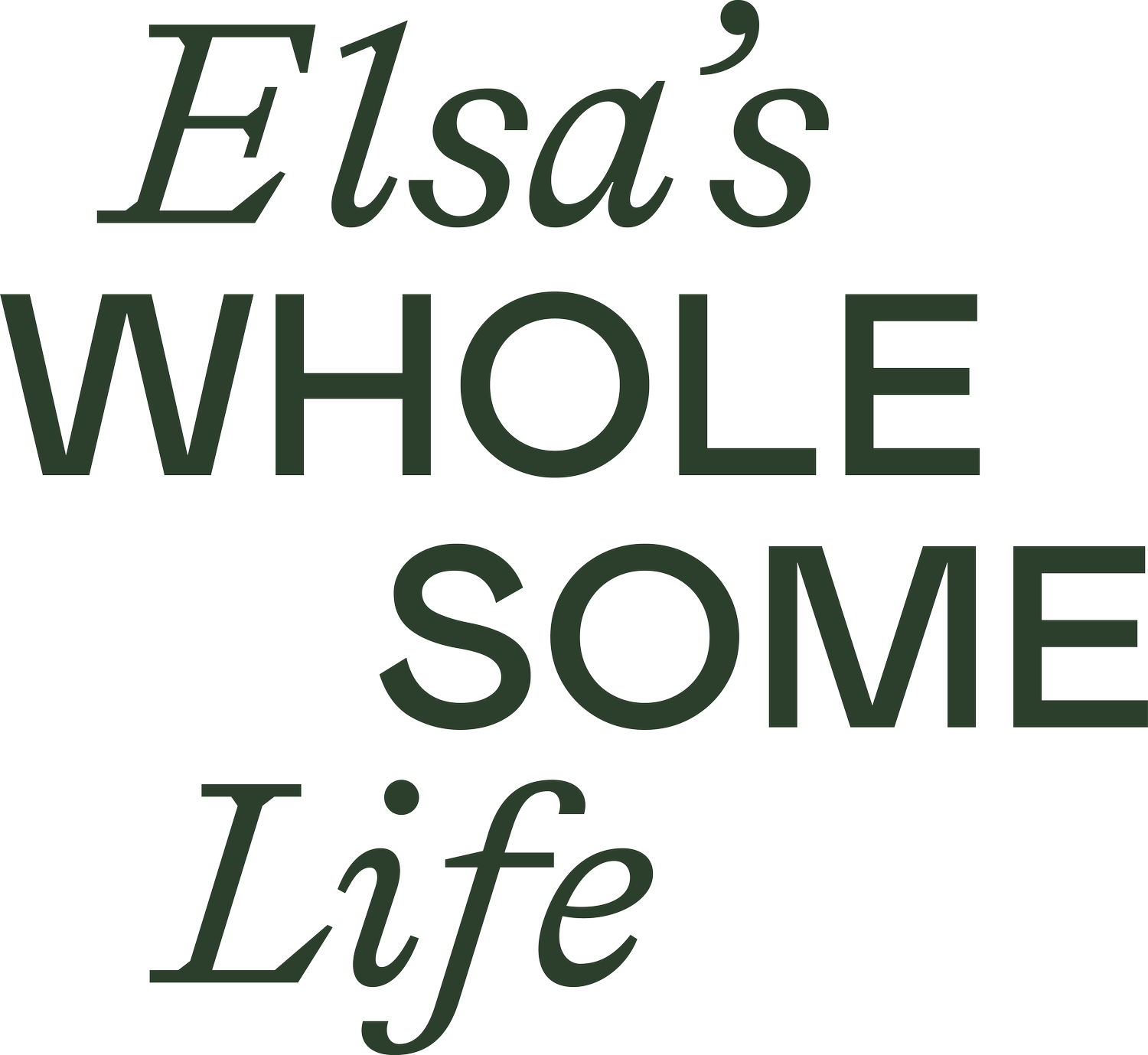Fats, why you SHOULD be eating them!
Welcome to my first series of nutrition blog posts! Myself, Emily (from Sprout Dietetics) and Cocobella, have teamed up to bring you some blog posts to set the facts straight about some nutrition topics.
First up were talking about fats!
While fats get a really bad wrap in the media, it is important to understand that there are various different types of fats, both good and bad. Our intake of the good kinds of fats is really important for our overall health and wellbeing. The good fats can even help you to absorb other nutrients and vitamins in your foods. Fat soluble vitamins (A,E,K, and D) need fats to help you absorb and transport them around the body.
Fats line every single cell in your body! and your body is constantly replacing cells, so you need them! Plus you use fats to create hormones. Fats also slow down digestion, and therefore make you feel more satisfied. Plus they add great taste to meals, think guacamole, tahini, peanut butter and cashew cheese- all of these foods are rich in 'good' fats and add amazing flavour to your meals!
Saturated fats and trans-fats are the nasty ones that you want to limit consuming in your diet. These fats are common in processed foods like cakes, biscuits and packeted chips, as well as butter, processed meats and pretty much all unhealthy fast food items.
What are the health consequences of eating too much saturated and trans-fats?
Research links the consumption of these kinds of fats with an increased risk of cardiovascular disease, high cholesterol levels, obesity and other adverse cardiometabolic effects.
When you replace the saturated fats in your diet be sure to choose nutrient dense, wholefoods that are rich in unsaturated fats instead.
Unsaturated fats are considered to be the “healthy fats” as their consumption has been linked to a reduced risk of developing heart disease, and lower cholesterol and blood pressure levels.
Unsaturated fats include:
Monounsaturated fats - found in olive oil, nuts, avocados and peanut oil.
Polyunsaturated fats – these are the Omega 3’s and 6’s, found in oily fish, eggs, linseeds/flaxseeds, walnuts, sunflower seeds and sesame oils.
There is no need to be scared of consuming fats in your diet, choosing the right ones can have a positive effect on health and wellbeing. Choose olive oil when you are cooking instead of butter, replace fatty cuts of meat with fish or eggs, or go meat free and bulk up the legumes and veggies, cooked in some olive oil, and try to reduce your consumption of anything that is packaged. If you eat more from the earth and less from a box your consumption of the unhealthy saturated and trans fats will reduce without you even trying.
The benefits of a diet rich in unsaturated fats has long been researched as it is believed to be protective in developing heart disease, certain types of cancers, and rheumatoid arthritis. This is the Mediterranean diet. A diet based on the Greeks and Italians, which is high in monounsaturated fats, namely, olive oil. The idea is based on the low statistics of heart disease in these countries and studies have also investigated its protective effect for other diseases. The Mediterranean diet is also rich in plant foods such as vegetables, fruits, grains and legumes which may also account for their lower rates of heart disease.
More info about fats can be found here
“Eat less from a box and more from the earth”
Stay tuned for more nutrition blogs + some exciting recipes to follow!
Elsa, Em, and the Cocobella team
xx


